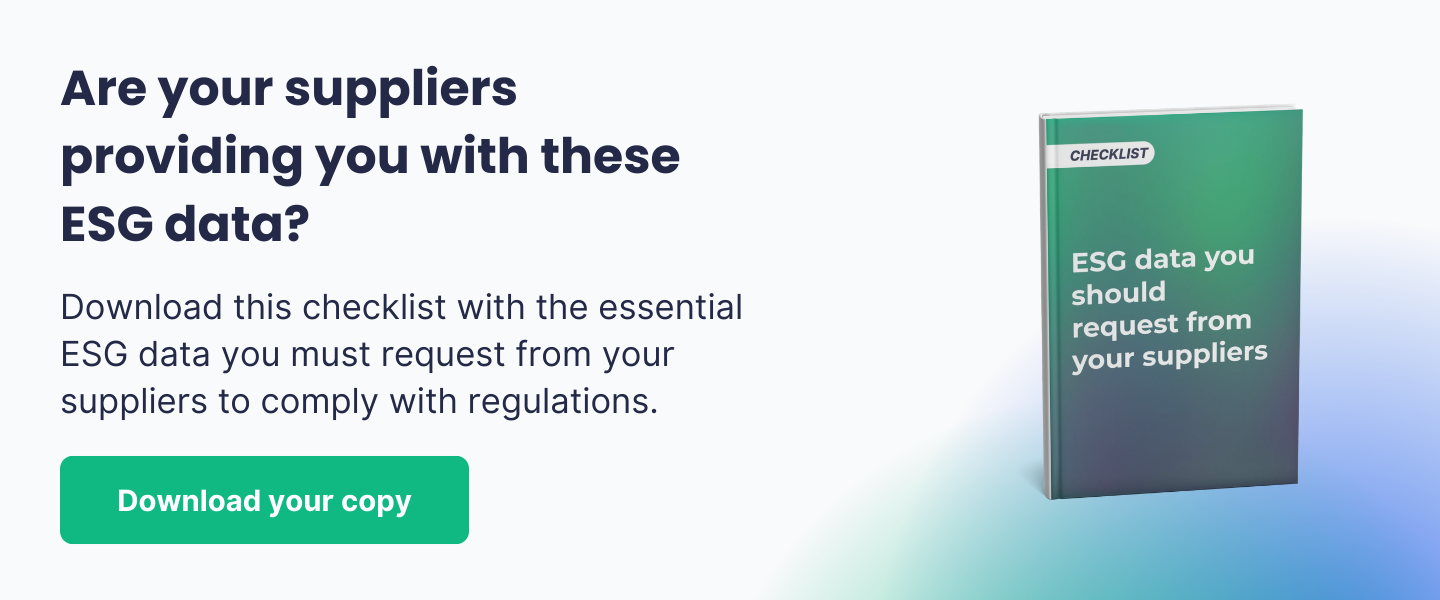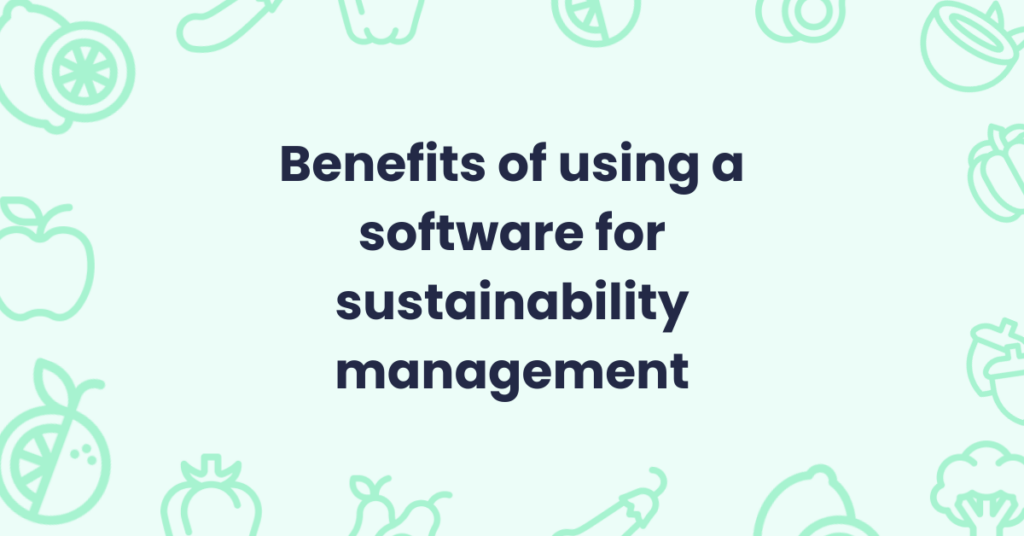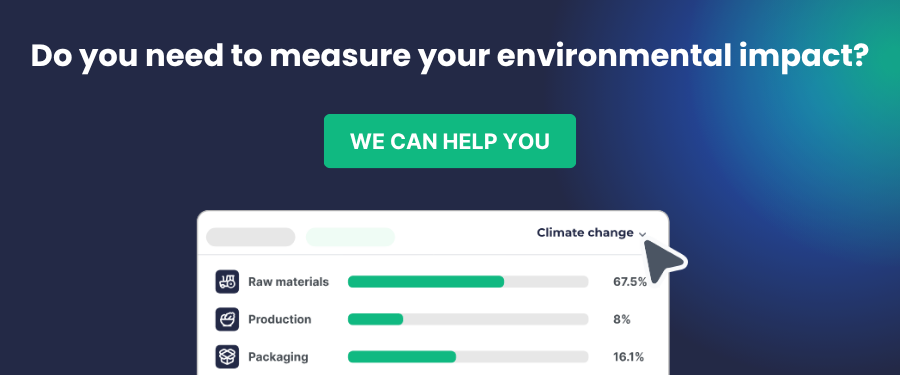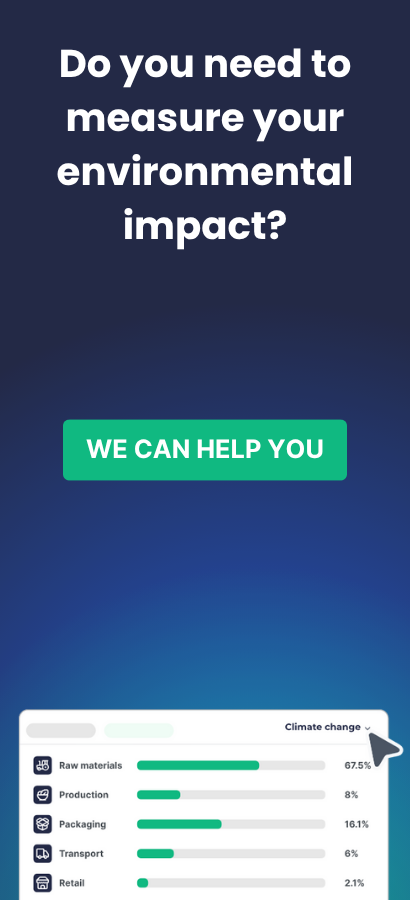In a business environment where sustainability is a strategic priority, having the right tools makes a difference. Sustainable management involves everything from data collection to the implementation of effective strategies. This article outlines the benefits of using software to efficiently manage and optimize sustainability projects while ensuring regulatory compliance.
Why use a software for sustainability management?
Companies face numerous sustainability challenges: strict regulations, stakeholder demands for transparency, and the need to measure real impacts. Specialized software provides comprehensive solutions to address these needs, centralizing processes and ensuring measurable results.
Key benefits of a sustainability management software
1. Automation of repetitive tasks
Sustainability management requires continuous data collection, processing, and analysis. Software automates these tasks, reducing human error and allowing teams to focus on strategic decisions rather than operational activities.
2. Centralized information
Consolidating supplier data, emission reports, and regulations in a single system streamlines access and improves efficient information management. This not only saves time but also enhances decision-making with reliable data.
3. Ensured regulatory compliance
Adapting to regulations like CSRD or GRI standards requires accuracy and constant updates. Sustainability software is designed to integrate with these frameworks, ensuring that your reports are verifiable and meet legal requirements.
4. Cost reduction
Process optimization through software can generate significant savings by eliminating duplications, minimizing errors, and speeding up data collection. Additionally, it helps identify operational inefficiencies, leading to more efficient resource use.
5. Real-time monitoring
Tracking key sustainability indicators (KPIs) in real time allows for rapid detection of deviations and proactive strategy adjustments. This is particularly useful for projects with emission reduction or circular economy goals.
6. Facilitated collaborative work
Sustainability is a cross-functional effort involving multiple departments. Software enables all areas to collaborate in real time, share information, and update progress without the need for lengthy communication chains.
7. Scalability and customization
A good software solution adapts to the specific needs of each company, allowing it to grow alongside your projects and adjust to unique sector requirements, such as those in the food industry, where sustainability demands are specific.

Use cases of sustainability software
- Carbon Footprint Management
Calculating Scope 1, 2, and 3 emissions requires a detailed and precise approach. Software automates these calculations and generates verifiable reports, saving time and resources. - Traceability and Supply Chain Management
Software helps map the supply chain, identifying critical points of environmental impact and facilitating collaboration with suppliers to achieve common goals. - Circular Economy Strategies
Planning material recycling or resource reuse becomes easier with tools that allow measurement of results and identification of improvement opportunities. - Reports and Verifications
From preparing reports for standards like GRI or CSRD to third-party data verification, software simplifies and speeds up the entire process.
How to choose the right software
- Assess Your Needs: Clearly define the objectives of your sustainability strategy, such as reducing emissions, ensuring compliance, or improving traceability.
- Regulatory Compatibility: Ensure that the software aligns with the applicable regulations in your sector and region.
- Ease of Use: Look for intuitive tools that facilitate adoption by internal teams.
- Technical Support and Updates: It’s essential to have a provider that offers ongoing support and keeps the software up to date with regulatory changes.
Conclusion
Sustainability management software is a key investment for companies seeking to optimize resources, comply with regulations, and lead in sustainability. Its ability to automate, centralize, and streamline processes makes it an essential tool for achieving ambitious goals with efficiency and precision. If your company aims to advance in sustainability strategically, implementing specialized software is a crucial step toward success.



